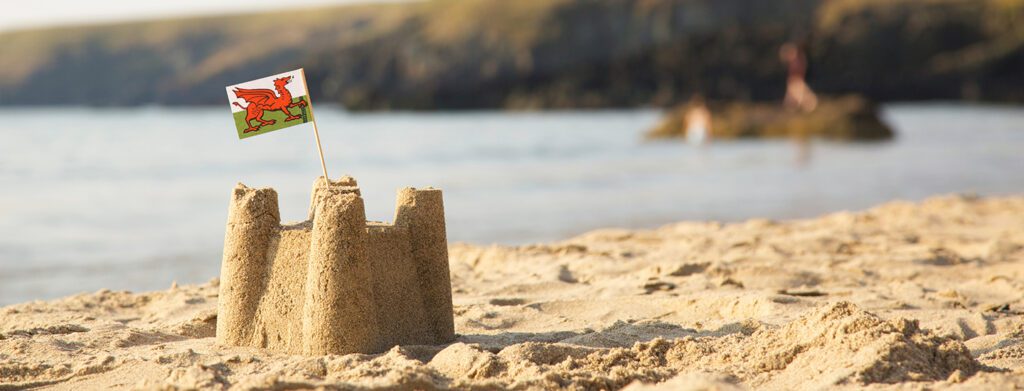Introduction
In Welsh inshore waters Natural Resources Wales (NRW) has been the regulatory body responsible for issuing marine licences on behalf of the Welsh Ministers under Part 4 of the Marine and Coastal Access Act 2009 (MCAA) since April 2013 (this function was delegated by the Marine Licensing (Delegation of Functions) (Wales) Order 2013). Whilst MCAA applies equally in both England and Wales, Wales has its own set of exemptions for marine licensing, courtesy of the Marine Licensing (Exempted Activities)(Wales) Order 2011.
Now a new Welsh devolution settlement has been proposed in the Draft Wales Bill which was published in October 2015. This legislation would, if it is passed, extend NRW’s responsibility for marine licensing and conservation to the Welsh Offshore region and would further devolve responsibility for ports policy to the Welsh Assembly.
In addition, much of the Well-being of Future Generations (Wales) Act 2015 will have effect from April 2016. This Act will require sustainability to be considered by the Welsh Ministers and NRW in the performance of their functions, amongst other things.
Devolution
The Welsh Assembly became a legislature in 2006, whereby Wales was able to pass legislation within its competence without being reliant on Westminster to pass all legislation. Initially, matters were devolved in Wales by virtue of being specified in legislation (the conferred powers model of devolution). However, in part due to the lack of clarity this introduced in practice, with many questions being referred to the Supreme Court for determination as to the extent of the Welsh Assembly’s competence, it is proposed in the Draft Wales Bill that this will be changed to a reserved powers model, which is the model used for Scotland.
This means that all matters would be devolved to the Welsh Assembly and Government unless they are specifically reserved to the UK Parliament at Westminster. Whilst the UK Parliament would remain sovereign and would have the power to pass new legislation even in areas for which it had transferred responsibility to the Welsh Assembly, it would be unlikely in practice to do so without first consulting the Welsh Assembly.
Future changes to the Welsh marine licensing regime
If the Draft Wales Bill is approved and passes into law, responsibility for marine licensing in the Welsh Offshore region and the power to designate Marine Conservation Zones will move to the Welsh Ministers and ultimately NRW. In addition, NRW are continuing to develop the first Draft Welsh National Marine Plan, with formal consultation on a draft plan expected later in 2016.
There are also proposals to create six new marine protected areas in Wales (including Special Areas of Conservation (SACs) for the conservation of harbour porpoises and Special Protection Areas (SPAs) for the conservation of a number of species of seabirds). A consultation is running from 19 January until 19 April 2016, timed to run alongside current consultations for other proposed marine SACs for harbour porpoises in English waters and Northern Ireland’s offshore waters.
Furthermore, the Environment (Wales) Bill would give NRW, as the licensing authority for Wales, the power to charge fees associated with administering the marine licensing regime. The Bill is currently in the final stage of the legislative process and is likely to receive Royal Assent shortly after 1 March 2016.
Finally, with the introduction of the Well-being of Future Generations (Wales) Act 2015, a new ‘Well-being Duty’ is placed on public bodies to carry out sustainable development. This means that a public body, such as NRW or the Welsh Ministers, must set and publish well-being objectives that are designed to maximise its contribution to achieving each of the seven well-being goals. This is an exciting time for Wales, with a number of substantial changes afoot, though these may take some time to bed down in practice.
